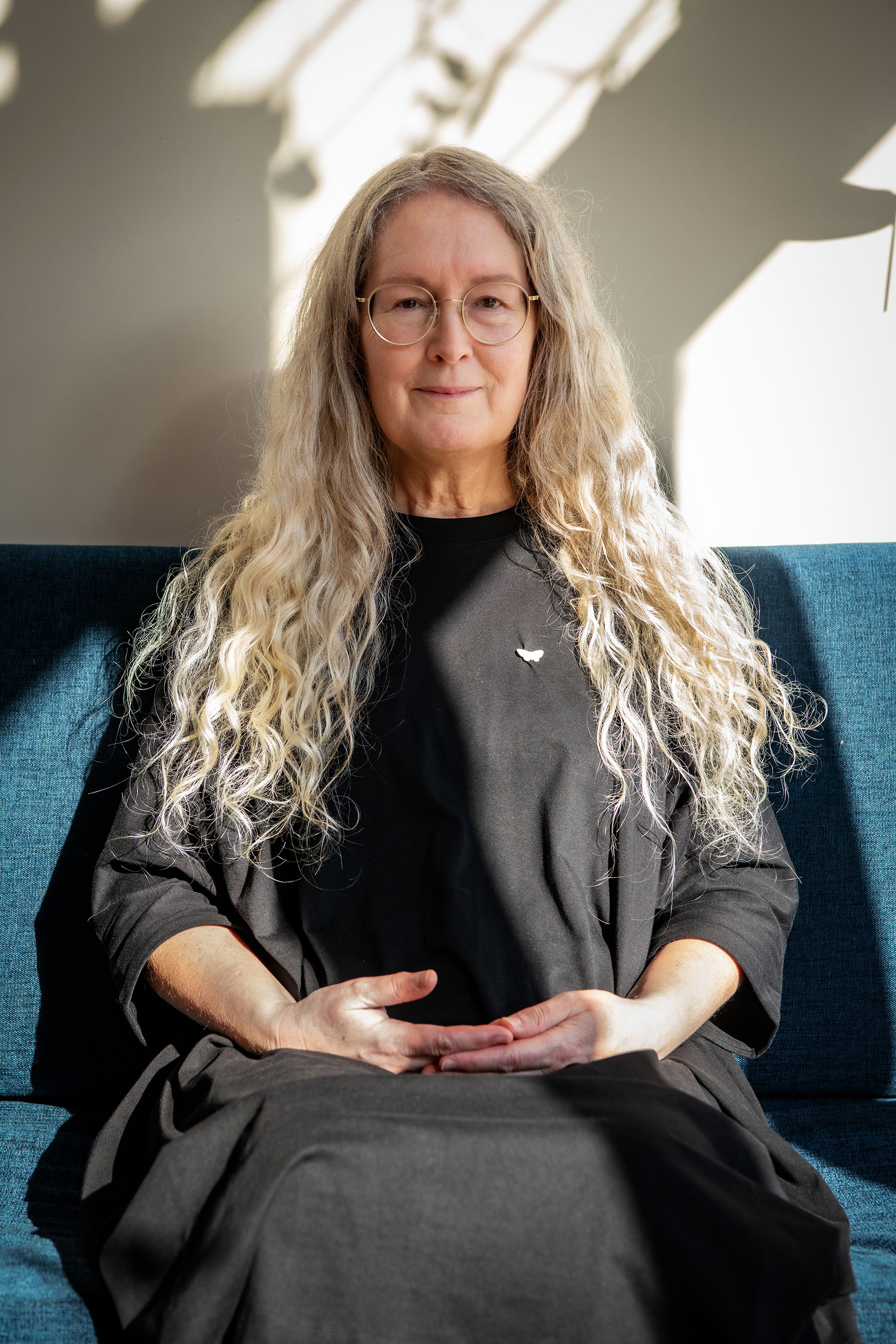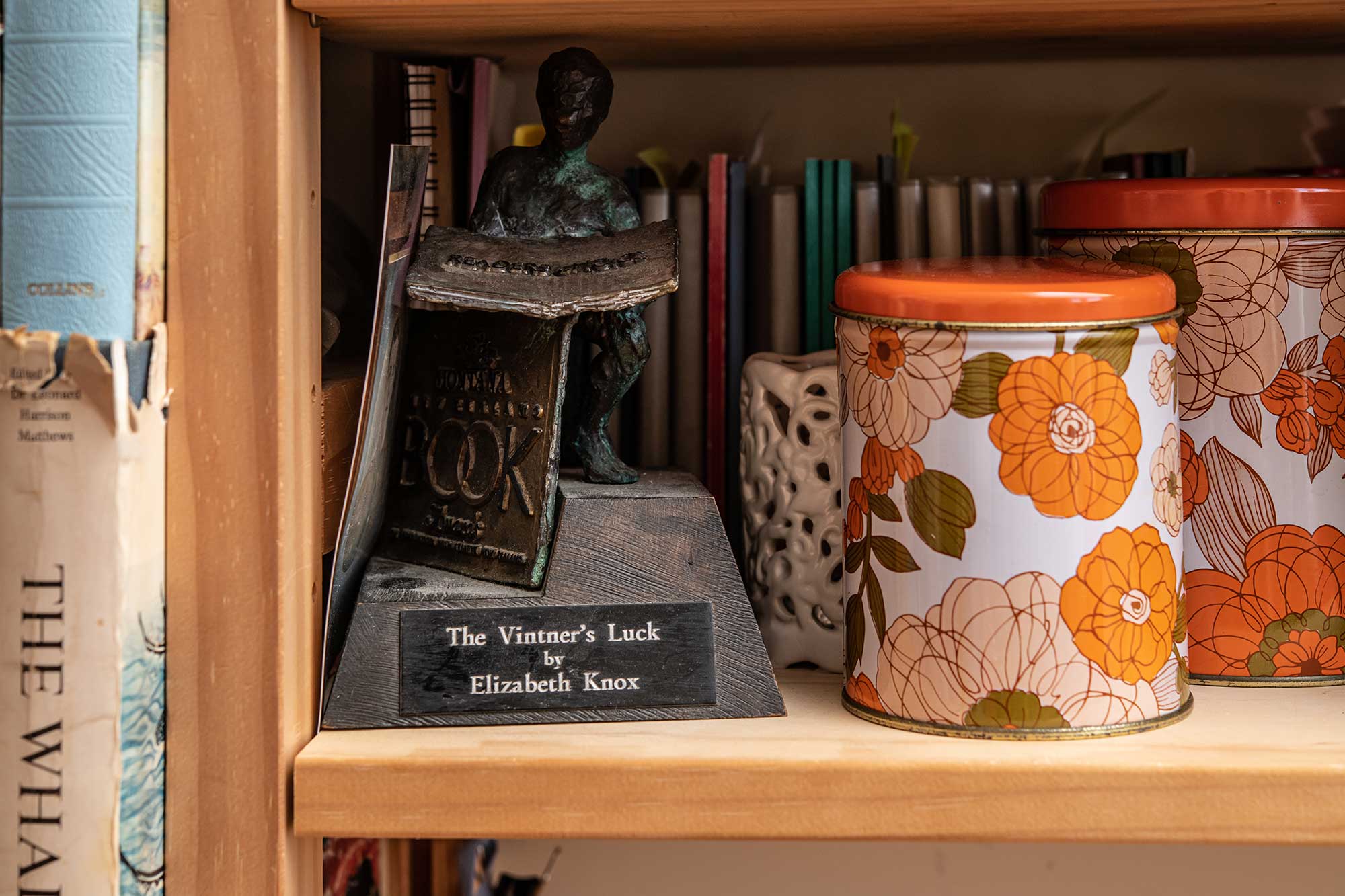“I was treated well by my lecturers because they were generally interested in what I wrote. My thinking was determinedly individualistic, which saw my English lecturer, Dr Ian Jamieson, writing in my essays, ‘I disagree with what you are saying but it’s a lovely paragraph’.”
Elizabeth engages in conversations with different genres when writing her books. “I think literature can appear in any genre. I am always trying to see what I can do with a genre, whichever it is. I consider the books I love in a genre and think, ‘How do I create the feeling that book gave me, without it being like that book?’, and it’s a great intellectual game.
“That’s part of why I write, I think. And on a good writing day, when I am going in the right direction to unlock the story, and I’ve had the breakthrough—I’ve broken the curse of going in the wrong direction, and my subconscious ‘back-room boys’ are firing away—then my conscious mind is working with my subconscious, acknowledging and including what my subconscious is telling it,” says Elizabeth.







